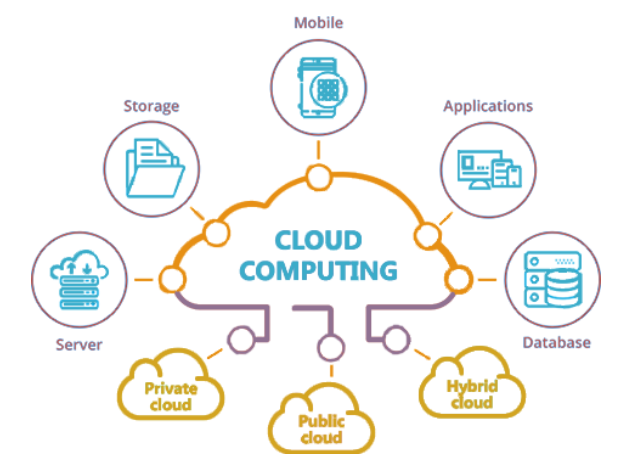
Dark psychology techniques
Dark psychology refers to the study of the human condition in relation to the psychological nature of people who prey on others. It encompasses various tactics used to manipulate, control, and influence others for personal gain, often at the expense of the victim's well-being. Here are some commonly cited dark psychology techniques: Gaslighting: Manipulating someone into questioning their own reality, memory, or perceptions. This can make the victim feel confused, anxious, and unable to trust their own judgment. NLP (Neuro-Linguistic Programming): Using language and communication techniques to subtly influence someone's thoughts and behaviors. While NLP can have positive uses, it can also be misused for manipulation. Love Bombing: Overwhelming someone with affection, attention, and admiration to gain control over them. Once the victim is emotionally dependent, the manipulator may withdraw affection to maintain control. Guilt Tripping: Making someone feel guilty to manipulate their actions or decisions. This technique plays on the victim's sense of duty, loyalty, or empathy. Silent Treatment: Deliberately ignoring or excluding someone to make them feel insignificant or guilty, thereby gaining control over their emotions and actions. Triangulation: Involving a third person in a relationship or conflict to create jealousy, rivalry, or competition, which the manipulator uses to control and divide people. Projection: Accusing someone else of having the negative traits or behaviors that the manipulator possesses. This diverts attention from the manipulator's flaws and makes the victim doubt themselves. Playing the Victim: Pretending to be the victim to gain sympathy, support, or avoid blame. This can manipulate others into feeling sorry for the manipulator and giving them what they want. Devaluation: Undermining someone's self-esteem by criticizing, belittling, or demeaning them. This makes the victim more dependent on the manipulator for validation and approval. Isolation: Cutting someone off from their support network of friends, family, and colleagues to make them more dependent on the manipulator.




.jpg)

